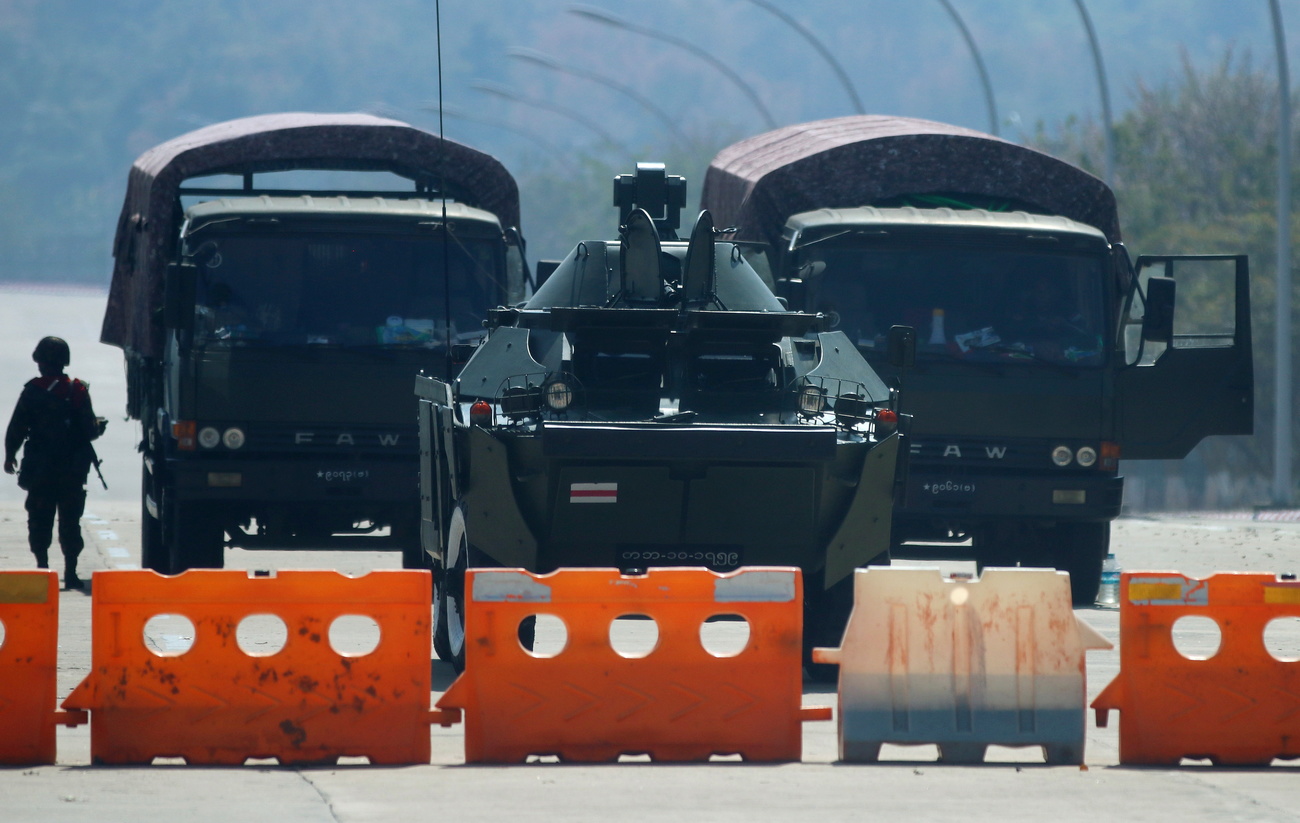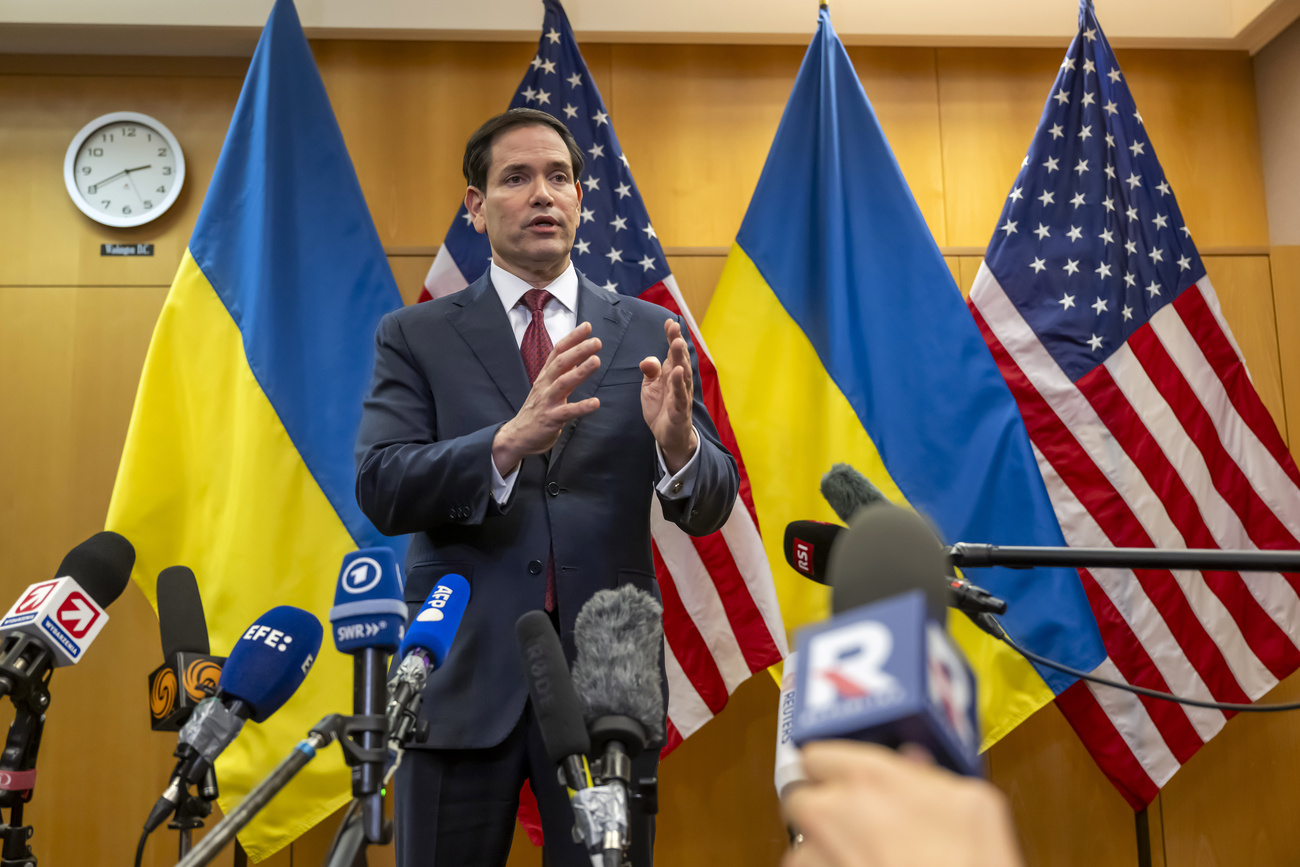
Myanmar faces “catastrophe”: Swiss UN diplomat

The United Nations special envoy to Myanmar, Christine Schraner Burgener, says the country risks sliding back into prolonged military dictatorship, international isolation and suppression of human rights.
On Monday, the Swiss diplomat told Swiss public television SRF that the situation is extremely concerning.
“It would be catastrophic if Myanmar takes a step back to 2011 when the country had been under a dictatorship for 50 years,” said Schraner Burgener. “We fear that all attempts to democratise the country will again be crushed along with the positive gains that have taken place since the elections.”
Myanmar’s military seized power in a coup against the democratically elected government of Nobel laureate Aung San Suu Kyi, who was reportedly detained along with other leaders of her National League for Democracy (NLD) party on Monday. NLD won a landslide election in Myanmar in November.
The UN Security Council will meet on Tuesday to discuss its response to the coup. In the coming days, Schraner Burgener fears that civil unrest and clashes between the NLD and the military-supported Union Solidarity and Development Party (USDP) could result in the situation becoming more volatile.
“We fear that the supporters of the NLD, which won the elections by a huge margin, will take to the streets and protest. Then it could come to the fact that they face the army, supporters of their close opposition party USDP and radical Buddhists. This must be prevented because it would lead to violence,” she said. In addition, the volatile situation threatens to undermine a tenuous ceasefire that had been negotiated with rebels groups, which could in turn hinder the repatriation of Rohingya people to the country.
Efforts to make contact with military leaders in Myanmar have been hampered by communication systems being cut. Schraner Burgener said she was still in contact with two UN colleagues stationed in Myanmar.
She added that observers had declared the result of November’s election to be fair and valid and labeled military efforts to overturn the vote as “unacceptable”.

In compliance with the JTI standards
More: SWI swissinfo.ch certified by the Journalism Trust Initiative




























You can find an overview of ongoing debates with our journalists here . Please join us!
If you want to start a conversation about a topic raised in this article or want to report factual errors, email us at english@swissinfo.ch.